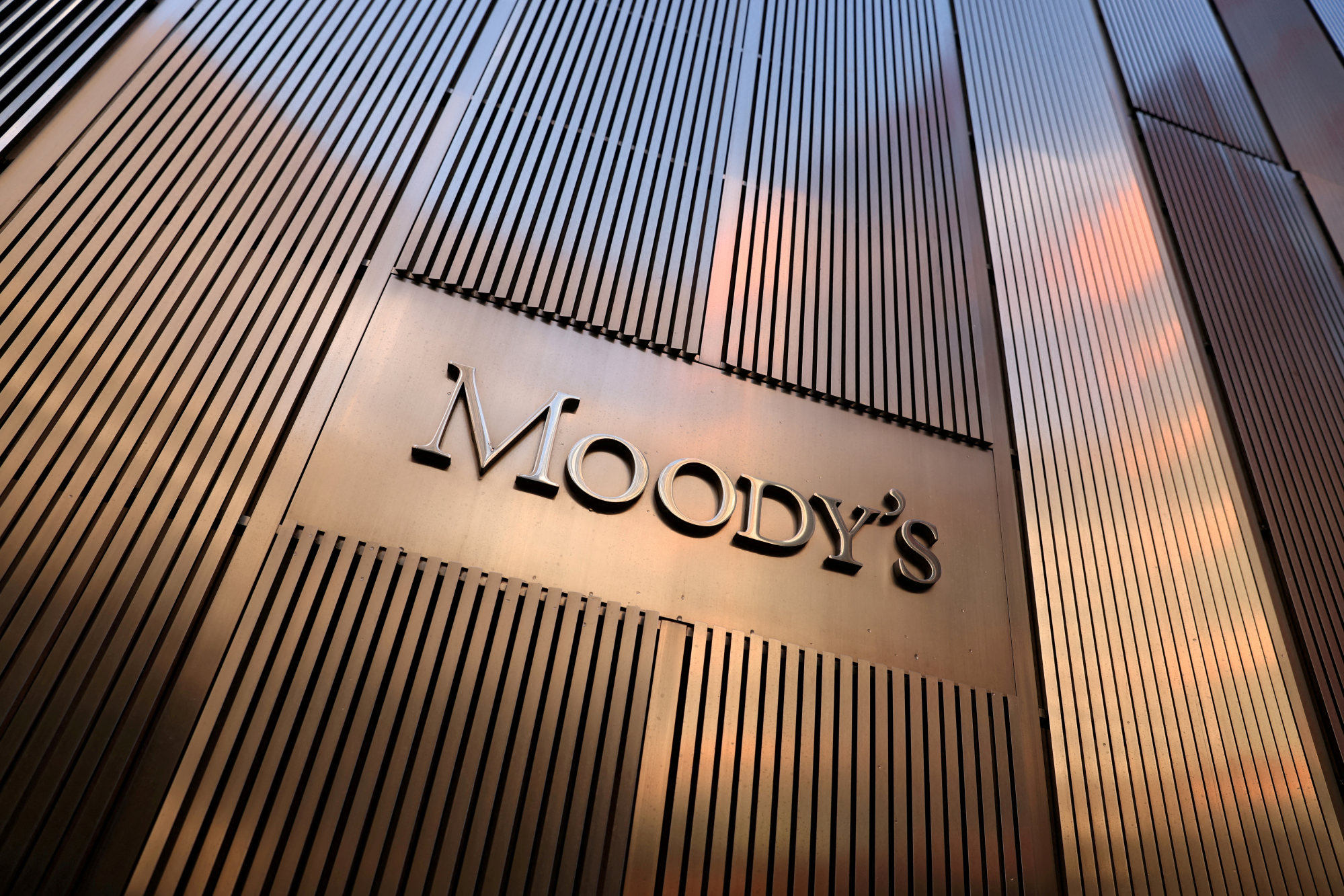
Moody’s downgrade provides incentive for Hong Kong to do even better
- Close ties with mainland China have led to the latest unflattering report card from the ratings agency, but city can prove it wrong
The glass is half empty, according to Moody’s, the international ratings agency. No, it’s actually half full, Hong Kong has countered.
Seasoned investors will have their own views, but the latest downgrade of the city’s credit outlook from stable to negative is more grist for the mill. The move was predictable once Moody’s cut its outlook for the mainland’s sovereign bonds to negative from stable, underscoring global concerns about the level of debt in the world’s second-largest economy.
However, Moody’s has retained a long-term rating of A1 on the bonds.
China’s fiscal stimulus to support local governments and reverse the property downturn are seen as risks to the economy. Close mainland ties have led to the latest unflattering report card on Hong Kong.

The ever closer integration with the mainland is an economic reality for the city. Some consider it in a negative light, but there are many upside benefits and advantages, not least are easy entry to the mainland economy and offshore access to the yuan.
Unfortunately, Moody’s preferred to accentuate the downside risks.
Given the agency’s global prominence, we cannot simply ignore the downgrade. That’s why local officials are angry, and have hit back.
But going forward, the more important task for Hong Kong is to enhance its own competitiveness, and prove Moody’s wrong. Facts will always speak louder when we can prove ourselves to the world.
Moody’s also claimed the introduction of the national security law has eroded the city’s autonomy. That has been the unfounded viewpoint of many Western agencies.
But if we must tie politics with economics, a strong case can be made that the law is no different from those in many Western countries, and that since its introduction the city has recovered from the riots of 2019, with a more stable environment for both local and foreign business.
Hong Kong No 2 official slams Moody’s ‘smearing’ credit outlook downgrade
The security law is seen by many as necessary to restore order, but given the geopolitical rivalry between China and the United States, disinformation and misunderstanding about Hong Kong may be inevitable. What is critical is for it to maintain an independent judicial system even when it is being unfairly maligned and threatened by mainly American and British politicians.
It is unfortunate that Hong Kong is caught in the quarrels between China and the US, and that makes it sometimes hard to get a fair hearing.
Even so, the common law system remains one of our key strengths still being preserved under the constitutional principle of “one country two systems”. The city must remain confident and address external and local challenges.
It must improve the business environment and boost economic integration with the mainland. A downgrade now and then may be an incentive to do better.

